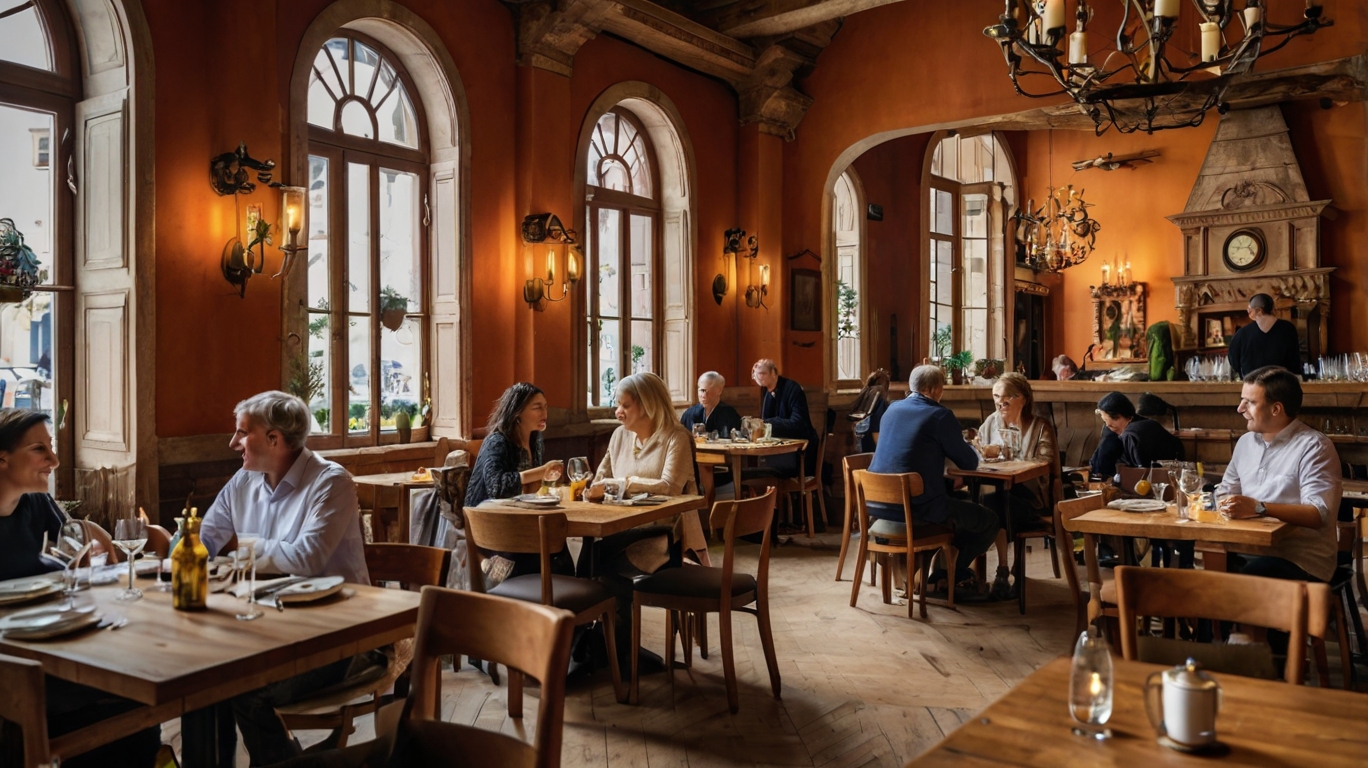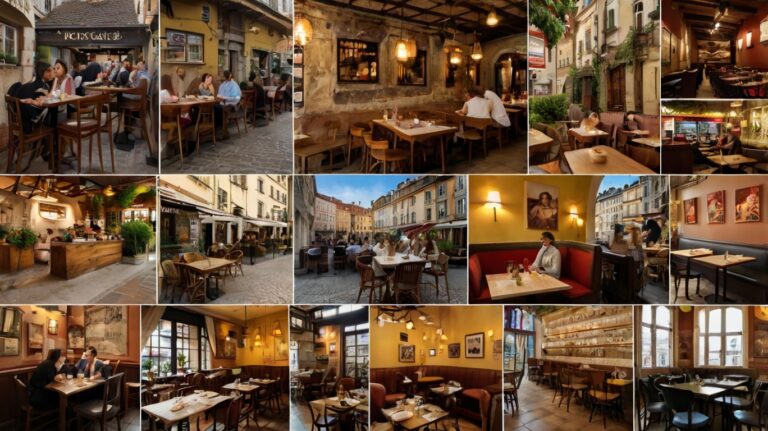30 Local Dining Customs You Must Know in Europe
Europe isn’t just about history, art, and incredible landscapes—it’s also a food lover’s paradise. But before you dive into that mouthwatering dish or grab the wine glass for a toast, there are some dining etiquettes and customs that vary across the continent. Trust me, after 15 years of solo traveling, I’ve learned the hard way (and occasionally awkwardly) what to do and what NOT to do at the dinner table. Here are 30 local dining customs you should know to avoid embarrassing yourself and blend right in with the locals.
1. France: No Eating with Your Hands!
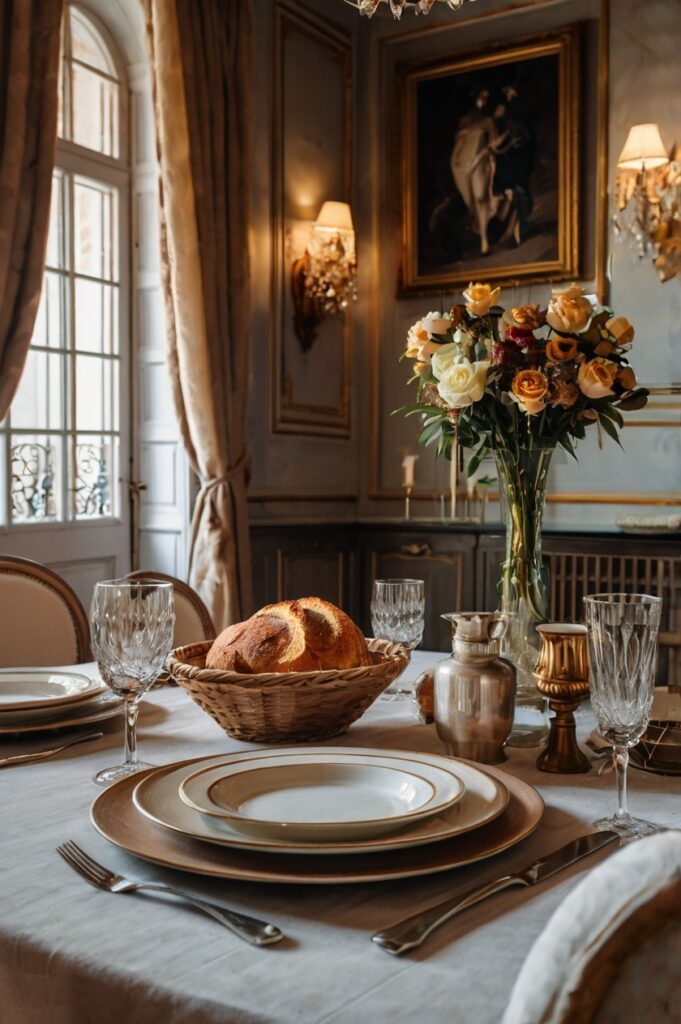
French dining etiquette is all about elegance. Eating with your hands, especially at a fine restaurant, is a no-go. You’ll need to use your utensils, even for simple things like bread. Oh, and don’t even think about dipping your bread into your wine. Save that for the tourists!
2. Italy: Don’t Cut Your Pasta
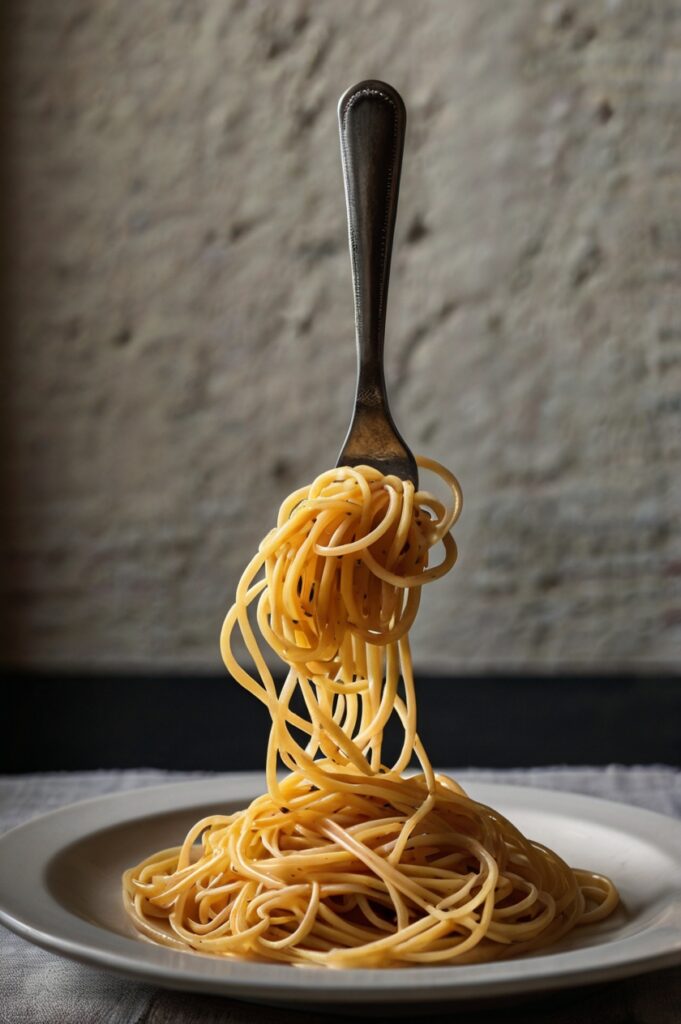
I’ll be the first to admit it—I totally butchered this one when I first visited Italy. Italians don’t cut their pasta! You should twirl it with a fork, never, ever cut it into pieces. It’s all about getting that perfect twirl.
3. Spain: Wait for the Toast Before Digging In
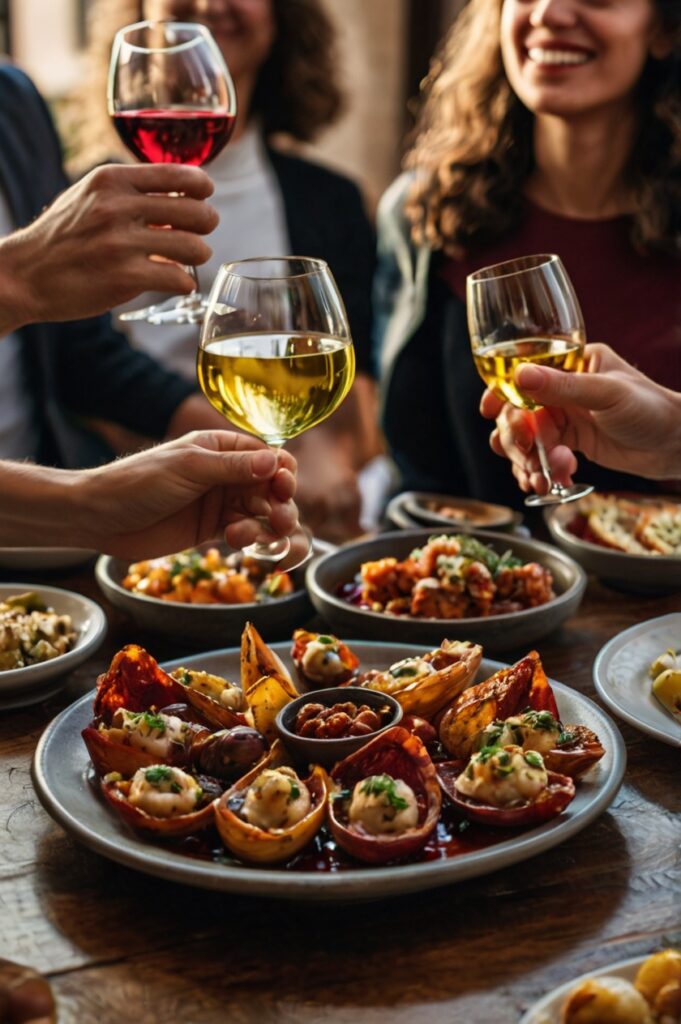
In Spain, meals are often shared with friends and family, and there’s a certain order to the table. Don’t start eating until everyone has been served and the host gives the signal. It’s common to say “Salud” (cheers) before digging in.
4. Germany: No Elbows on the Table
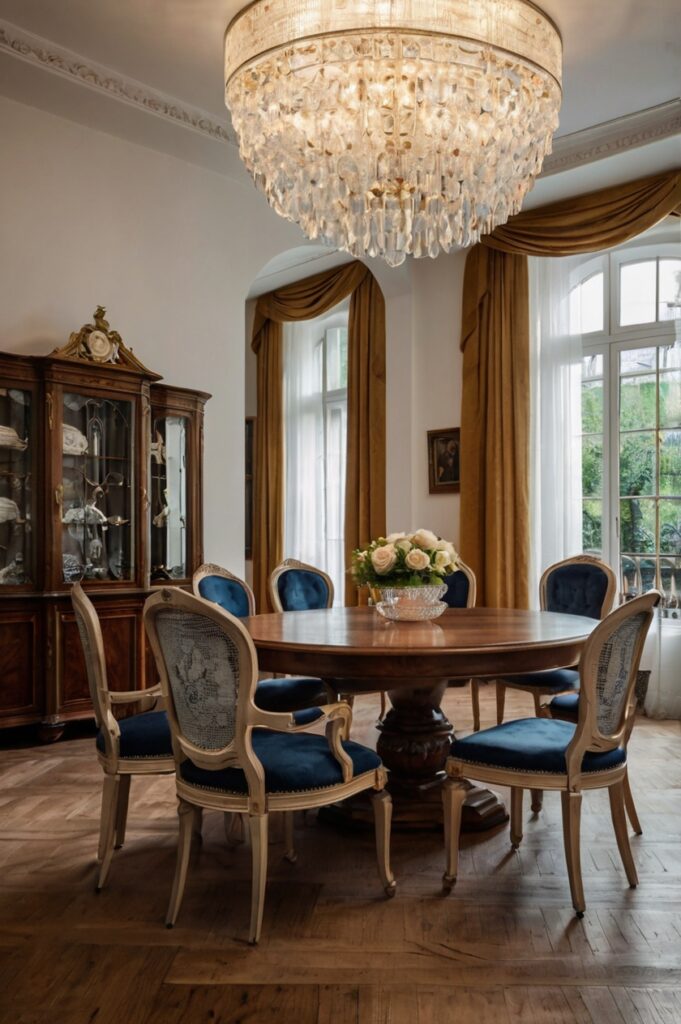
Germans take their dining etiquette seriously, and one of the rules is that elbows should never rest on the table during meals. Keep those arms in check, especially during formal dinners.
5. Sweden: Don’t Start Eating Before the Elders
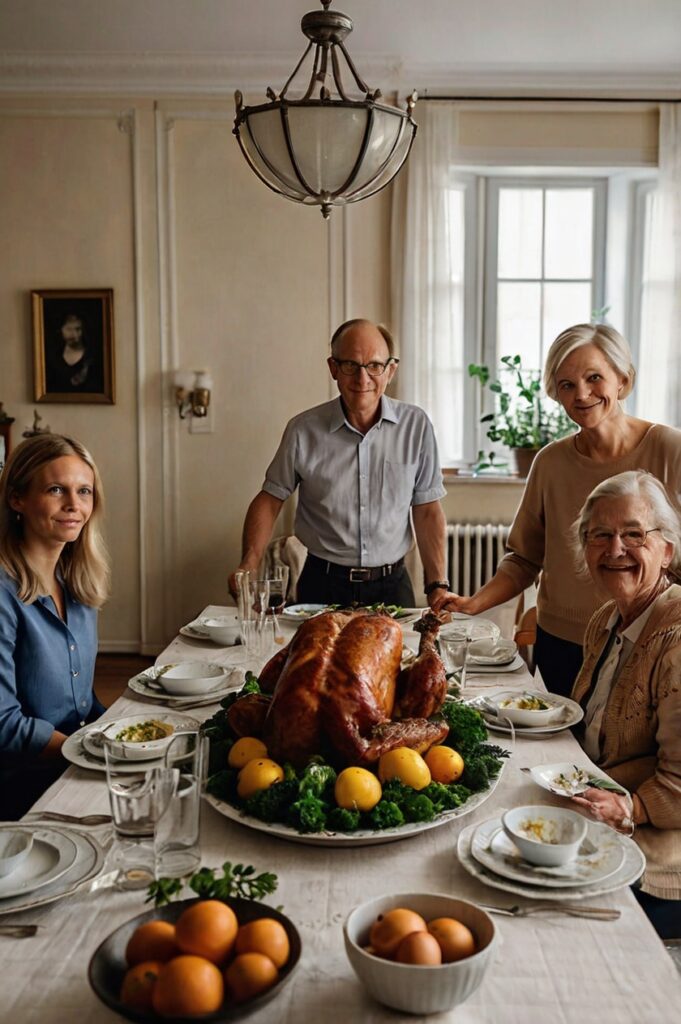
Swedes have a deep respect for elders, so be sure to wait for the oldest person at the table to begin eating before you do. It’s a simple gesture of respect that goes a long way.
6. Belgium: Use Your Knife and Fork for Everything
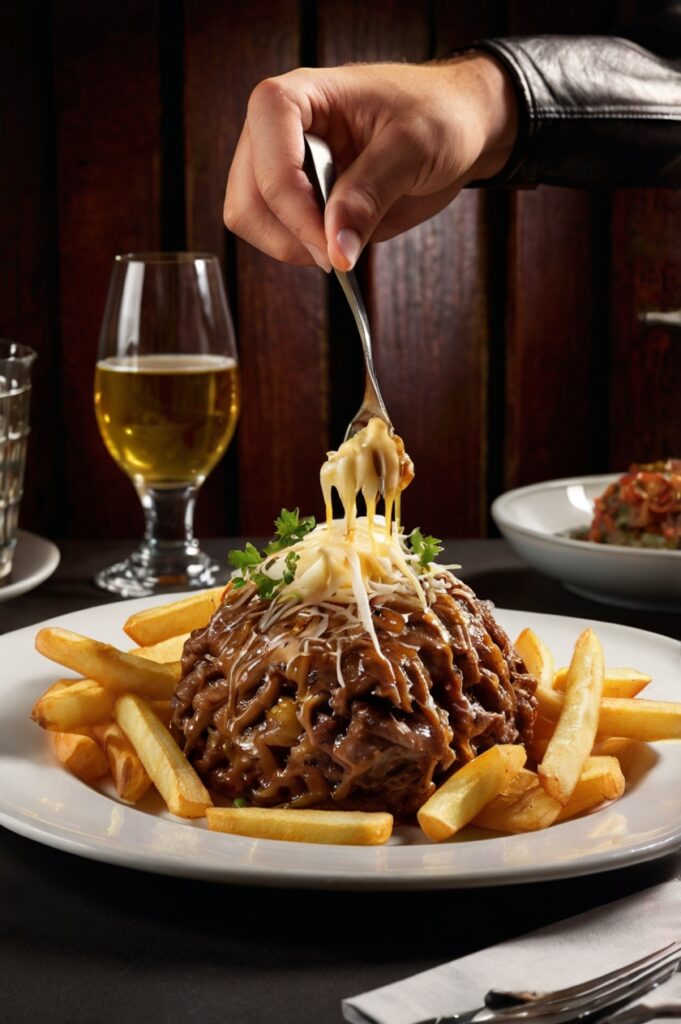
In Belgium, they’re very particular about using both your knife and fork, even for foods like fries. So, if you’re sitting at a fancy restaurant, forget the fast-food habits—grab those utensils!
7. Greece: No Wasting Food
Greeks are big on respect, especially when it comes to food. Wasting food is considered disrespectful, so be mindful of how much you order and make sure you finish everything on your plate.
8. Portugal: Wine and Water Go Together
In Portugal, it’s common to have both wine and water on the table during meals. Wine is typically enjoyed throughout the meal, but always balance it with water, especially when you’re having multiple courses.
9. United Kingdom: No Talking with Your Mouth Full
This one’s universal, but in the UK, it’s absolutely a rule—no talking with food in your mouth. Brits take their table manners seriously, so chew and swallow before engaging in conversation.
10. Turkey: Share the Bread
In Turkey, bread is sacred. Don’t just grab a piece and keep it to yourself—always offer it to others at the table. It’s considered a sign of hospitality and good manners.
11. Austria: Don’t Start Until the Host Begins
Austrian dining culture places great importance on tradition. In formal settings, it’s considered impolite to begin eating until the host starts. You’ll often hear a “Guten Appetit” from the host before you dig in, signaling it’s time to eat.
12. Netherlands: Don’t Rush, Enjoy the Meal
Dutch meals tend to be a bit more laid-back, but there’s still an emphasis on savoring your food. Don’t rush through your meal. It’s about taking your time and enjoying the conversation that accompanies it.
13. Czech Republic: Don’t Drink Before the Toast
In the Czech Republic, toasts are essential at any gathering. Don’t even think about taking a sip of your beer or wine until the host has raised their glass and said “Na zdraví!” (to your health).
14. Poland: Never Pass a Plate Over Someone’s Head
Poles take their table manners seriously. One thing you should never do is pass a plate over someone’s head. It’s considered bad luck, so if you need to pass something, make sure you do it around the side of the table.
15. Scotland: Wait for the “Forks Up” Signal
Scottish dining traditions include a quirky gesture: when it’s time to begin eating, the host will raise their fork to signal everyone else to do the same. No one starts before this!
16. Switzerland: Don’t Tip the Waiter
In Switzerland, tipping isn’t a big part of dining etiquette. Service charges are usually included in the bill, and tipping is considered unnecessary. A simple “thank you” will do.
17. Ireland: The Whiskey Toast
In Ireland, a whiskey toast is a long-standing tradition. When sharing a drink with friends, it’s common to raise your glass of whiskey (or whatever you’re drinking) and toast to health, friendship, and good times.
18. Hungary: No Toasting Without Eye Contact
Hungarians are known for their strong toasting culture. One key rule: never toast without making eye contact. Failing to do so is considered bad luck, so be sure to look each person in the eye before raising your glass.
19. Finland: Don’t Talk About Food Before It’s Served
In Finland, it’s customary not to talk too much about food before it’s on the table. Compliments about the meal are best kept for later, and talking too much about it before the meal can come across as rude.
20. Denmark: Napkin Etiquette
Danish dining is all about respecting the space at the table. When you sit down to eat, always place your napkin on your lap. Don’t stuff it in your shirt collar—it’s seen as unsophisticated.
21. Croatia: Bread is Never Left on the Table
In Croatia, bread holds great significance. Don’t leave bread on the table after your meal, especially if there’s still some left. It’s considered bad luck, and it’s generally not the best look either.
22. Romania: Don’t Start with Dessert
In Romania, dessert is usually saved for last—especially after a hearty meal of soups, meats, and sides. Don’t be the one to grab the cake before the main course is finished!
23. Norway: Eating in Silence
While this might feel awkward, in Norway, dining is often a quiet and reflective time. Meals are about savoring the food, so don’t feel pressured to fill the silence with chatter.
24. Slovakia: Don’t Talk About Religion or Politics
In Slovakia, dining etiquette stresses avoiding controversial topics such as religion or politics. These subjects are reserved for more private settings, so stick to neutral topics like the weather or local news.
25. Latvia: Don’t Start Without a Toast
Like many European countries, Latvians love to toast before meals. Be sure to raise a glass and say “Priekā!” (to good health) before enjoying your meal.
26. Serbia: Sharing is Caring
In Serbia, meals are a communal event. It’s very common to share plates, so don’t be shy about passing around that tasty platter of ćevapi or sarma. The more, the merrier!
27. Bulgaria: Don’t Cross Your Forks
In Bulgaria, crossing your utensils on the table is considered a bad omen. Instead, place your fork and knife neatly side by side when you’re done eating, symbolizing that your meal is complete.
28. Malta: Wait for the Coffee
In Malta, coffee is an essential part of any meal, but don’t rush through it! Finish your main meal and allow time for conversation before you sip that strong, post-meal coffee.
29. Albania: Keep Your Hands Visible
Albanian dining etiquette requires that you keep your hands visible at all times, especially while eating. Keeping your hands under the table can be seen as rude or secretive.
30. Luxembourg: Respect for Formal Meals
In Luxembourg, formal meals are a big deal. Be sure to use proper table manners, including sitting up straight, chewing with your mouth closed, and waiting for the host to signal the start of the meal.
There you have it—30 local dining customs across Europe that’ll make sure you don’t stick out like a sore thumb at the dinner table. From toasts in Hungary to bread rituals in Croatia, these little customs might seem small, but they’re a big part of the dining experience. So, next time you’re traveling through Europe, remember these tips and enjoy a more immersive and respectful meal with the locals.

